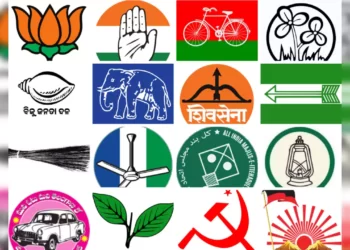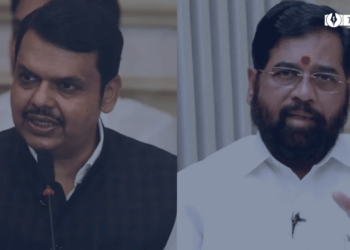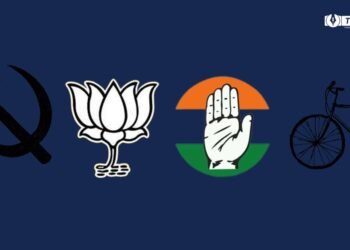[ad_1]
Politicians contest elections and pursue voters in their favour to become public representatives. But, what happens when these politicians show us how flawed they are?
The Chief Minister of Assam, Himanta Biswa Sarma, is a popular and influential politician, and a simple family man. However, his social media accounts somewhat portray a different person. In one of the political tiffs, he tweeted, “Did we ask for proof that you are Rajiv Gandhi’s son?”, which he made a response to the allegations of Rahul Gandhi asking for proof of the 2016 surgical strikes.
This is just one example of the language spoken in the political sphere. But, otherwise, the use of controversial language and insults has highlighted the use of unparliamentary and indecent language in the political sphere.
The use of indecent language in Assembly Polls campaigning:
At the time of elections and campaigning, we expect humility from politicians for the sake of votes. Also, we expect the politicians in power to speak about their developmental deeds to defend their term. But, both the government and opposition come at an attacking front and target each other with offensive terms.
Whether it was Punjab CM Channi calling Delhi CM “Kale Angrej” or CM Yogi saying “Garmi Nikal Denge”, the language in politics has just been degrading with elections. Instead of constructive criticism over inflation, unemployment, and poverty, politicians bring up the concept of neo-nationalism or target their opponent with a specific term. Next, it is followed by herds of politicians giving their take and making use of further offensive terms. Even the previous elections witnessed Akhilesh Yadav calling BJP “Gujarat Ke Gadhe” which has popularized the use of controversial terms for more limelight.

The debates on first PM Jawaharlal Nehru, Sardar Vallabh Bhai Patel, or the mention of Mohammed Ali Jinnah are more important than the issue of the decreased income of middle-class families in the pandemic.
After Independence, the debates of PM Nehru with his opposition or the speeches by other ministers and politicians were far more decent, which gave an example of civil political engagement. There were debates on important issues with a vision for development without attempts to degrade or malice. Now, instead of speaking to each other in a graceful and sophisticated manner while presenting contrasting views, the politicians make indirect and below-the-belt comments at rallies.
The concept of “fine debates”:
The quality of debates in the past was better. The debates by PM Atal Behari Vajpayee were full of wit and humour without any attempt to degrade any opponent. Also, his cordial relationship with PM Narasimha Rao and praise for PM Indira Gandhi for the handling of the 1971 wars are something that we don’t witness these days.

For this reason, when recently, Priyanka Gandhi Vadra and Akhilesh Yadav crossed paths during campaigning in UP and greeted each other by joining hands, their video went instantly viral and became the talk of the town. It is something that we don’t see very often now.
Summing up,
There is a need for introspection in the field of politics to avoid talking about politics at a low level with highly indecent language and insults. Even the Supreme Court in 2021 said that a country like India that takes pride in its diversity is bound to have a difference in perceptions and opinions among its people. So, that is a sense of democracy, and the debasement of the dialogue should be rethought. This language has also decreased the presence of vision for the country in the language of politicians with undignified public discourses. It is time for the politicians who commit to serving the country must gather and express their civility.
Also Checkout: Indian Politics Will Open A New Chapter After March 10
[ad_2]
Source link









